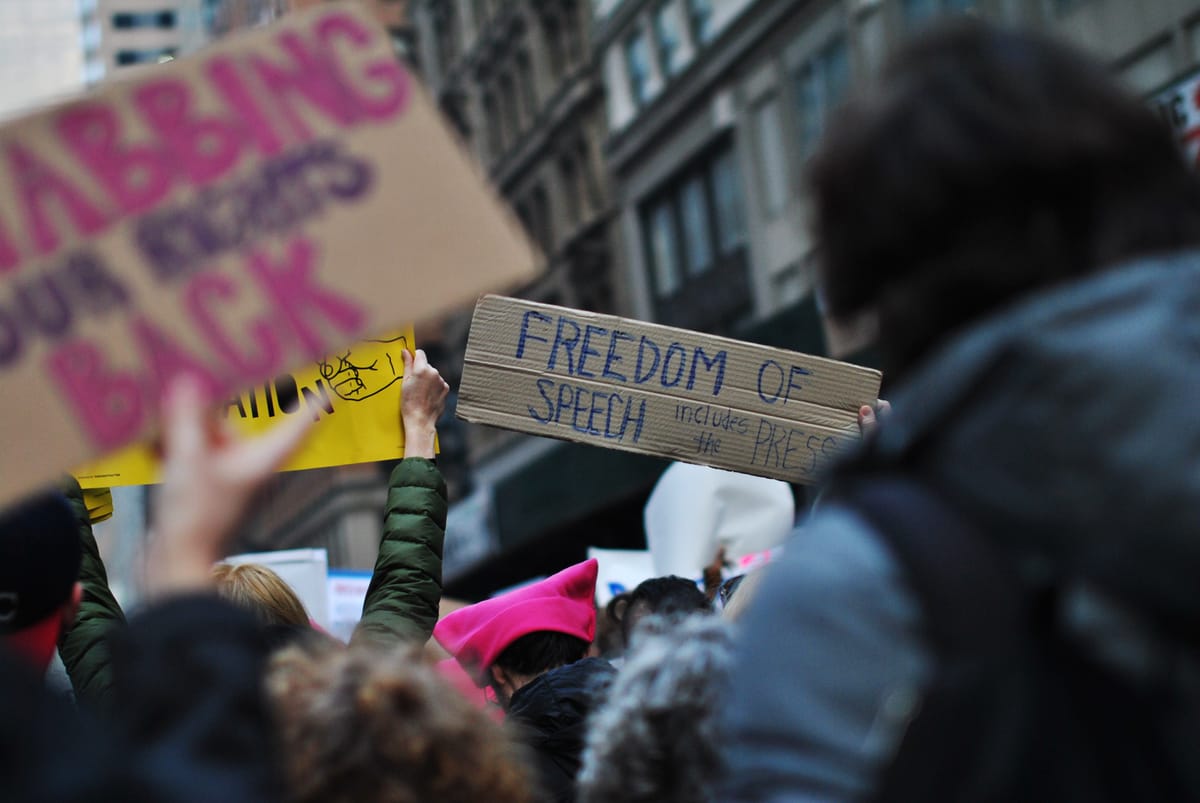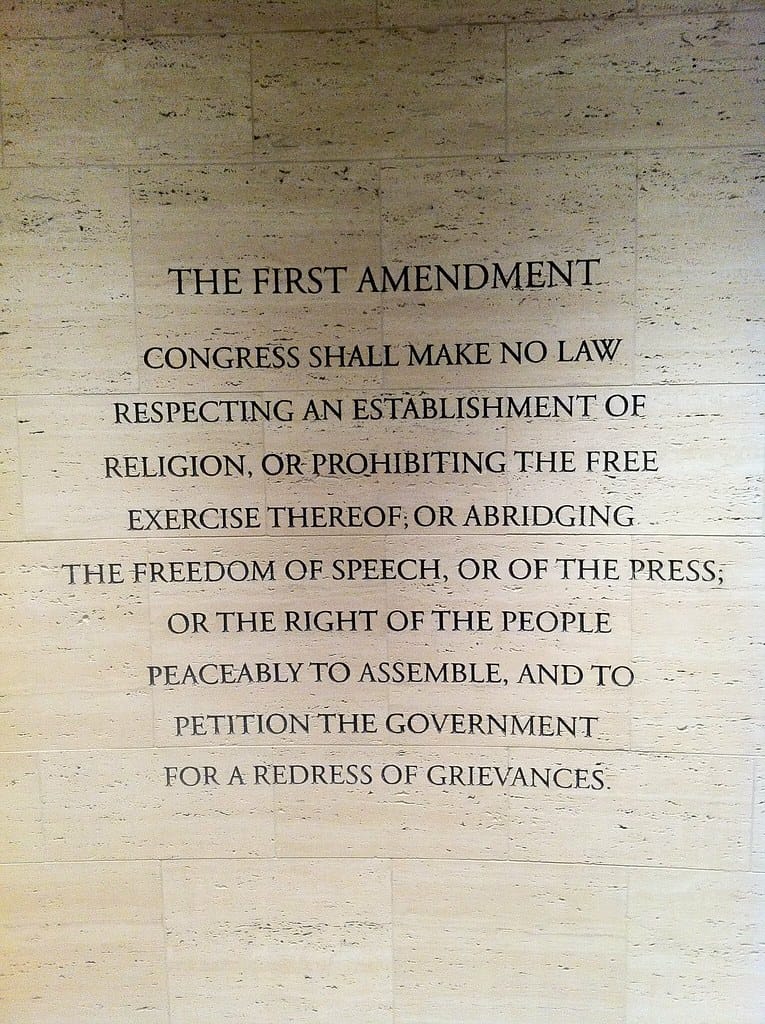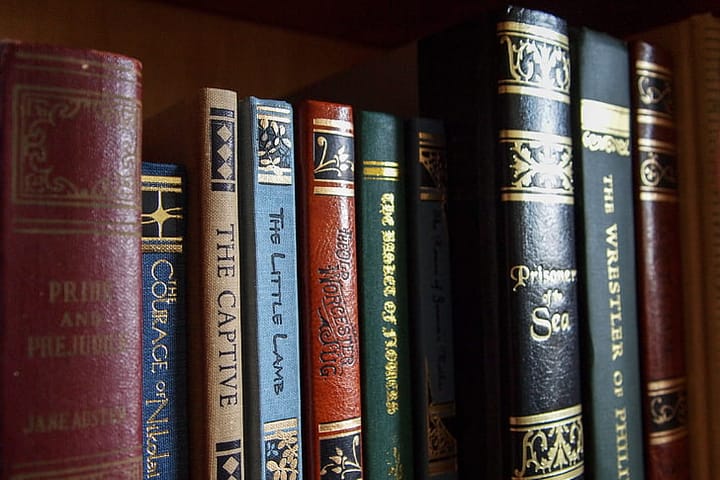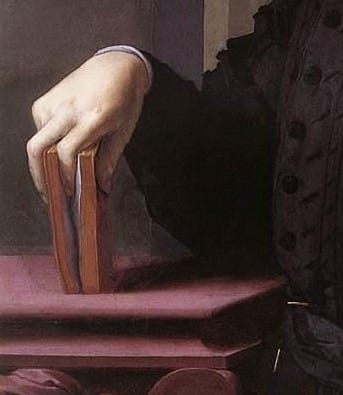Media Matters: Trampling Free Speech
“If freedom of speech is taken away, then dumb and silent we may be led, like sheep to the slaughter.” – George Washington, 1783

In these partisan times, it’s hard to find common ground. But in all the shouting among cable pundits, talk radio and social media, there is something both the late conservative activist Charlie Kirk and the New York Times agreed on: free speech.
In defense of the First Amendment, Kirk said this in 2024: “There’s ugly speech. There’s gross speech. There’s evil speech. And ALL of it is protected by the First Amendment. Keep America Free.”

After Kirk was assassinated in September, the New York Times condemned the killing and featured Kirk’s words. An editorial titled “Trump’s Chilling Push to Punish Free Speech” began this way: “A founding principle of the United States, enshrined in the Constitution’s opening amendment, is that our republic depends on citizens’ freedom to disagree with one another…. The ability to disagree with other people on raw, difficult issues, without fear of repression, is the essence of American freedom.”
Legally, of course, the First Amendment protects free expression from only federal and state government suppression, but private businesses and universities have their own speech and conduct codes. Last year the Foundation for Individual Rights and Expression (FIRE) reported that 85% of the 490 top-ranked colleges now have speech codes – some more restrictive than others – to ensure respect for differing viewpoints. And although Attorney General Pam Bondi said the Trump administration would “absolutely target you, go after you, if you are targeting anyone with hate speech,” the First Amendment protects most hate speech as long it's not an incitement to violence or lawlessness. Bondi later walked back her remarks.
The Times reported that in the two weeks following the assassination 150 people lost their jobs or faced disciplinary action for comments made about Kirk’s death. Vice President JD Vance even encouraged employers to report any workers criticizing Kirk or celebrating his death. Back in February, though, Vance said of the Trump administration: “[W]e may disagree with your views but we will fight to defend your right to offer it in the public square.” Let’s also remember that shortly after Trump was sworn in as president in January, he signed executive order 14149 – Restoring Freedom of Speech and Ending Federal Censorship, vowing that federal officials would not engage in conduct that would “unconstitutionally abridge the free speech of any American citizen.”
Yet in practice Trump officials have told TV station licensees (including ABC-owner Disney and CBS-owner Paramount) that if they report negative news about the administration their broadcast licenses, overseen by the Federal Communications Commission, could be in trouble. President Trump has even suggested that because evening talk shows on the networks are licensed by the FCC they are not allowed to criticize him.
Earlier this year, CBS decided to cancel “The Late Show with Stephen Colbert,” arguing financial reasons. Colbert was a harsh satirist of the Trump administration. Then this summer ABC suspended Jimmy Kimmel for remarks regarding the motivation of Kirk's killer. FCC chairman Brendan Carr told Disney, “We can do this the hard way or the easy way.” He suggested that Kimmel should be suspended … and he was. Disney-ABC later restored “Jimmy Kimmel Live!,” although two TV station chain owners, Sinclair and Nexstar, kept Kimmel off their 70 local stations for an additional three days, demanding an apology from Kimmel (which never came). With 1.7 subscribers cancelling Disney and also its Hulu streaming service after Kimmel was sidelined, the company reportedly lost $6 billion in stock valuation.
When he returned, Kimmel had this to say about the Trump administration: “They tried to coerce the affiliates who run our show…. That’s not legal, that’s not American, that is un-American. And it’s so dangerous .… The president made it clear he wants to see me and the hundreds of people who work here fired from our jobs.”
Returning to common ground, in his podcast Senator Ted Cruz (R-Texas), no fan of Jimmy Kimmel, compared the FCC pressure to “mafiosa” tactics in a parody of “Goodfellas” – “Nice bar you have here, it’d be a shame if you lose it.” Cruz added: “If the government gets in the business of saying ‘... we’re going to ban you from the airwaves if you don’t say what we like,’ that will end up bad for conservatives.”
The libertarian Cato Institute, which generally supports the Trump administration on free market issues, has emerged as a harsh critic of the president on free speech issues. Thomas Berry, Cato’s director of constitutional studies, called out the president for subverting one of the institute's core values, telling The Guardian, “When government officials use the power of the state to suppress speech or tilt the free marketplace of ideas, that’s incredibly dangerous in the long term. It places a core restriction on individual liberty – the right to say what you want and what you believe.”
I’ll close with a quote from another founding father, Ben Franklin: “Whoever would overthrow the liberty of a nation must begin by subduing the freeness of speech.”
Richard Campbell (campber@miamioh.edu) is a professor emeritus and founding chair of the Department of Media, Journalism & Film at Miami University. He is the board secretary for the Oxford Free Press.




